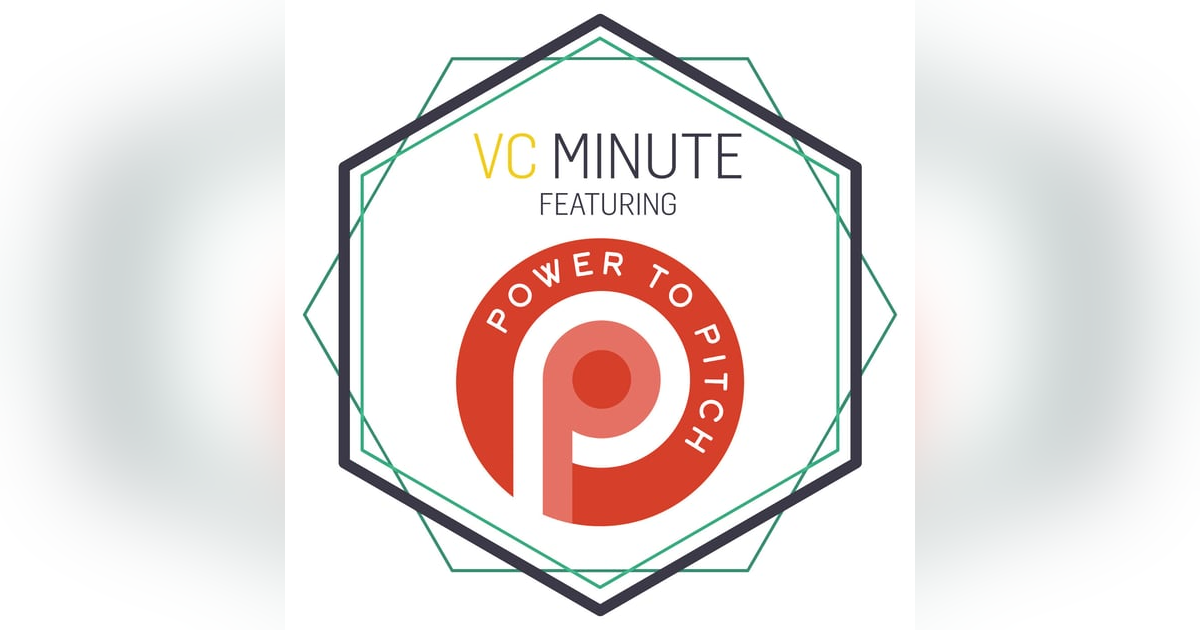073. Investors Are Not Your Customers feat. Kat Weaver

You can get investment from someone who is not an actual user of it. Founders need to be educators.
About Power To Pitch
Power To Pitch offers a virtual Course & Community, to help pre-seed to seed stage founders go from confused & frustrated about pitching to confident & prepared so they can concisely talk about what they do in order to take advantage of funding opportunities. We help founders create a winning pitch, deck, and fundraising strategy and directly match them with investors in their industry. Apply here: https://www.powertopitch.com/apply
About SpringTime Ventures
SpringTime Ventures seeds high-growth startups in healthcare, fintech, logistics, and marketplace businesses. We look for founders with domain expertise, forging a path with a truly transformative technology. We only invest in software-based businesses in the USA. We bring a people-focused approach, work quickly, and reach conviction independently. Our initial check size is $600k. You can learn more about us and our approach.
About Rich Maloy
Rich’s mission is to rebuild the American dream through entrepreneurship. He believes technology gives all people the opportunity to grow, learn and earn. He is a Managing Partner at SpringTime Ventures and the host of the VC Minute podcast. With prior careers in finance and sales, he's been focused on the startup ecosystem for over a dozen years. He's a father of two young children and loves sci-fi, skiing, and video games.
One of my favorite topics to share with founders is to make sure that you don't treat the investor as if they are to be a customer. A lot of founders pitch and explain their business. Instead of being the educator, they explain it as if you were to walk in a store, buy it, purchase, use it online, which is a big mistake. You can still get investment from someone who is not an actual user of it. Don't expect the investor to be exactly the expert in what you do either. For example, a lot of founders in the healthcare space, they'll like to lead with data, only share the data and explain the product on a super technical level. And that's great, but you just have to make sure that for that audience, are you being the educator in what they need? Because you're supposed to be the expert in what you do. A lot of founders will sometimes expect the investor to understand, or the founder gets frustrated or defensive in Q&A if the investor doesn't understand. But that just means that you weren't a proper educator. That doesn't mean that they can't like or understand the business. You just need to do it in a different way. You need to recommunicate what you want them to get out of it. In knowing your audience, do they have a technical background? Do they have a CPG background, a manufacturing background? You need to understand those things. You can talk about the product in a way that they'll still understand without having to actually experience or use it.












